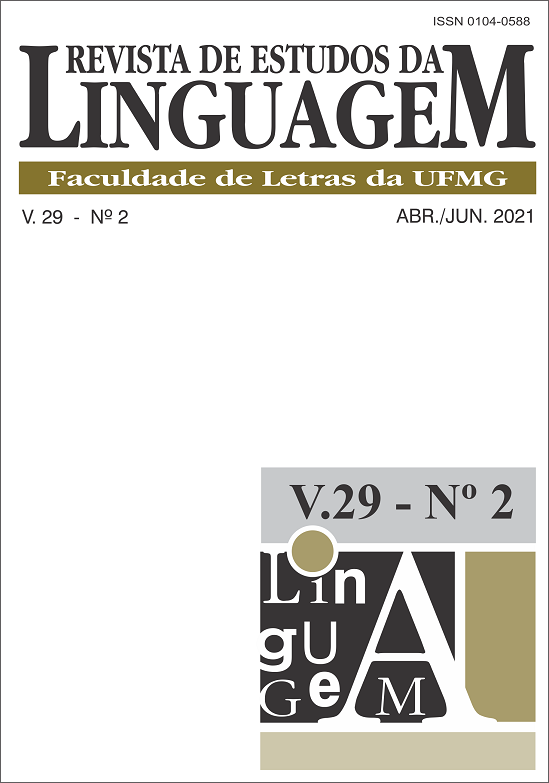A Pragmática do inglês aeronáutico
uma investigação pela Linguística de Corpus
DOI:
https://doi.org/10.17851/2237-2083.29.2.1381-1414Palavras-chave:
Plain Aviation English, fluência, interação, Linguística de Corpus, PragmáticaResumo
A Escala de Proficiência Linguística da ICAO oferece parâmetros para o ensino e a avaliação do inglês aeronáutico focado nas habilidades orais. Serve para os governos em todo o mundo avaliarem a proficiência em inglês de pilotos e controladores de tráfego aéreo, licenciando-os para operações internacionais. Este estudo aborda duas das seis áreas linguísticas elencadas na Escala, quais sejam, fluência e interação, para compreender quais elementos conversacionais estão presentes nas comunicações entre pilotos e controladores com o objetivo de subsidiar materiais pedagógicos. A análise se baseia em um corpus de comunicações via rádio entre pilotos e controladores em situações anormais, revelando um código mais espontâneo, diferentemente da Fraseologia Padrão oficial mandatória nas situações rotineiras. A Linguística de Corpus é a metodologia utilizada nesta investigação, concentrada nos mais frequentes blocos de linguagem de três palavras evidenciados no corpus de estudo. A investigação desses blocos de linguagem revela que fluência e interação são interconectadas e deveriam ser consideradas a partir da perspectiva da língua em uso. Para ilustrar, ‘we’d like’ e ‘if you can’ são normalmente empregados como solicitações. Conclui-se sugerindo que a conscientização dos aprendizes sobre aspectos pragmáticos da língua é fundamental na sala de aula do inglês aeronáutico.





